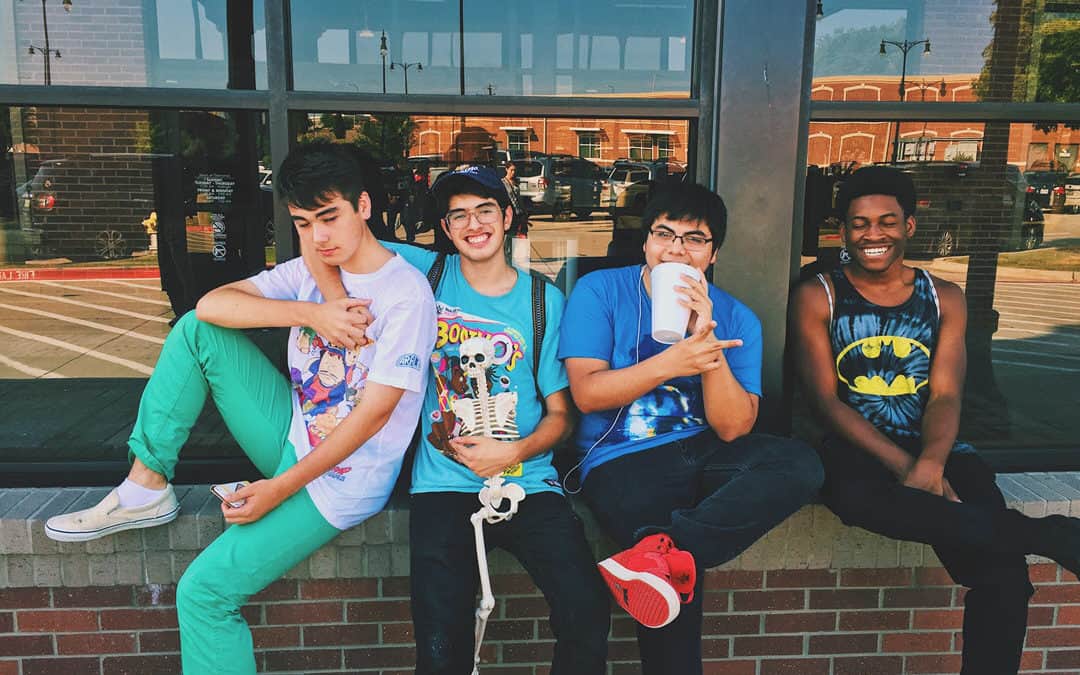Last Updated on March 13, 2021 by Elena Ciobanu
Growing up in the 60s and 70s, I remember how much I cared about the way the world was going. I was really angry with the shortsighted selfishness and conformity of those in power.
I wanted to change the whole world. So did many other young people I knew…
Now many of them have corporate jobs. They’re living large, driving huge, gas guzzling SUVs and living in resource wasting, cookie-cutter, supersized McMansions, built where woods or farmland used to be.
What went wrong?
If our middle-aged selves could meet our idealistic, younger versions, what would we have in common? Would my idealistic younger self be proud or ashamed of what I’ve become? Could my older self just dismiss my younger self as hopelessly naive and impractical. How many, more recent insights would my younger self be open to?
Good questions. The answers could be even better…
The role of human instincts
Our instinctual craving for wealth, power and status make it hard to resist the living large lifestyle. It’s also much easier to focus on ourselves, our own family and local community.
It takes a stretch of imagination to relate to seemingly abstract, global issues. This despite the fact that everyone knows from schoolbook history – and after 9/11 from the rise in terrorism – what happens half a world away can come around to bite us.
The “good” instincts
We also share the human instinct for altruism, however buried it might be at times. We have a strong sense of fairness. Most often this shows as outrage when we think others treat us unfairly. But we can never fully ignore unfairness to others. Deep down it nags us.
And it’s just not fair that 4 percent of the world’s population – the USA – consumes more than 25 percent of its resources, while 1.2 billion people live in extreme poverty. Especially when there’s plenty we can do about, using low-cost programs that already help hundreds of millions of people lift themselves from poverty.
Here’s a good way to put your best instincts to work: Join us today!

